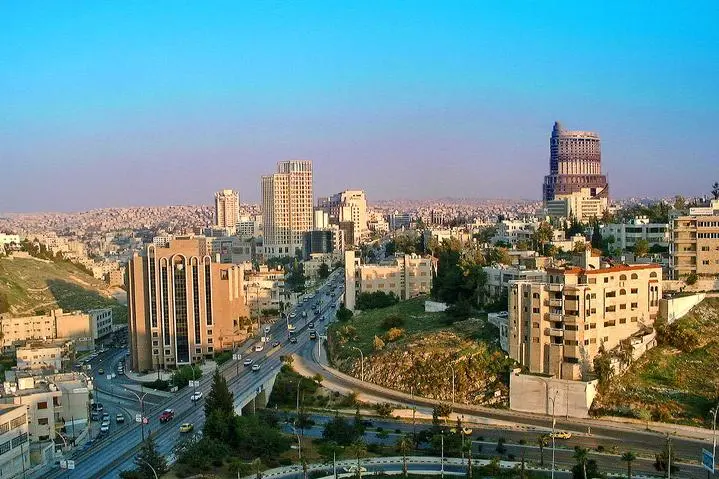PHOTO
AMMAN — For the second year in a row, Jordan has earned the top ranking on the Economic Freedom of the Arab World 2019 report, with its score rising from 7.5 to 7.6 on the overall index. Economists have suggested that stability is the main driver behind the consistent high ranking.
Published on December 17 by the Fraser Institute, the report compares this year’s country scores with previous years and examines available data to create an indication of future scores, according to its authors.
Diving into the economic freedom of all 22 countries of the Arab League, the report states: “All too often in the Arab world, the less privileged and the excluded are deprived of finding meaningful employment or building new and creative businesses by onerous bureaucracy, red tape, restrictive regulations, complicated rules, corruption and an uneven rule of law — all obstacles to economic freedom.”
The report suggests that increased economic freedom removes these barriers to create opportunity for all. It also suggests that expanding economic freedom can help combat corruption.
The index in the 2019 edition incorporates data from 2017, the most recent year for which full figures are available. It also presents some early data from 2018.
Last year, Jordan was ranked the most economically free country in a tie with the UAE, but this year it occupies that place alone.
The report is described by its authors as “providing sound empirical measurement of economic policy that can distinguish between phony reform that leaves and real reform that creates new prosperity, entrepreneurship and jobs”.
Economist Adel Bino highlighted that Jordan’s reform is “slowly but steadily improving its economic freedom, as manifested in its first place ranking in the Arab world two years in a row. It might not have the strongest market, but it has one that is stable and dependable”.
He added that, when compared with oil-rich and resource-rich countries, Jordan has “very little going for it”, but it has still managed to provide a more economically free market than 22 neighbouring countries.
For the size of government index, Jordan ranks third in the Arab world, with its score rising from 7.6 to 8.1. It ranked sixth for legal structure and security of property rights, with its score increasing to 5.3 from 5.1.
Regarding government control, the report noted: “When economic freedom is lacking, individuals and families must depend on the kindness of government to get ahead. Economic freedom gives people economic independence and lessens dependence on government, opening the way for the growth of other freedoms.”
In terms of access to sound money, Jordan ranks ninth, with a score of 9.5, down from 9.6. Its score for freedom to trade internationally fell to 7.7 from 7.8 and it ranked fourth on that index.
The report stressed that individuals and families should have the inherent right to make their own economic decisions. When they do, it said, economic freedom liberates them from government dependence and “opens the door to other freedoms”.
Jordan’s score on the index which examines regulation of credit, labour and business, remained stable at 7.6, with a ranking of fourth in the Arab world.
“Perhaps this, in addition to its access to sound money, is where Jordan should work the hardest to improve. I think the relative stability of the political climate is notable, as stability is important in an economy, but the continuous changes of government, ministries and regulations definitely hurt the regulation of the market, thus affecting its freedom,” said economist Basheer Zubi.
“A country’s government and market are inextricably linked, as both political analysts and economists know,” he said.
© Copyright The Jordan Times. All rights reserved. Provided by SyndiGate Media Inc. (Syndigate.info).





















